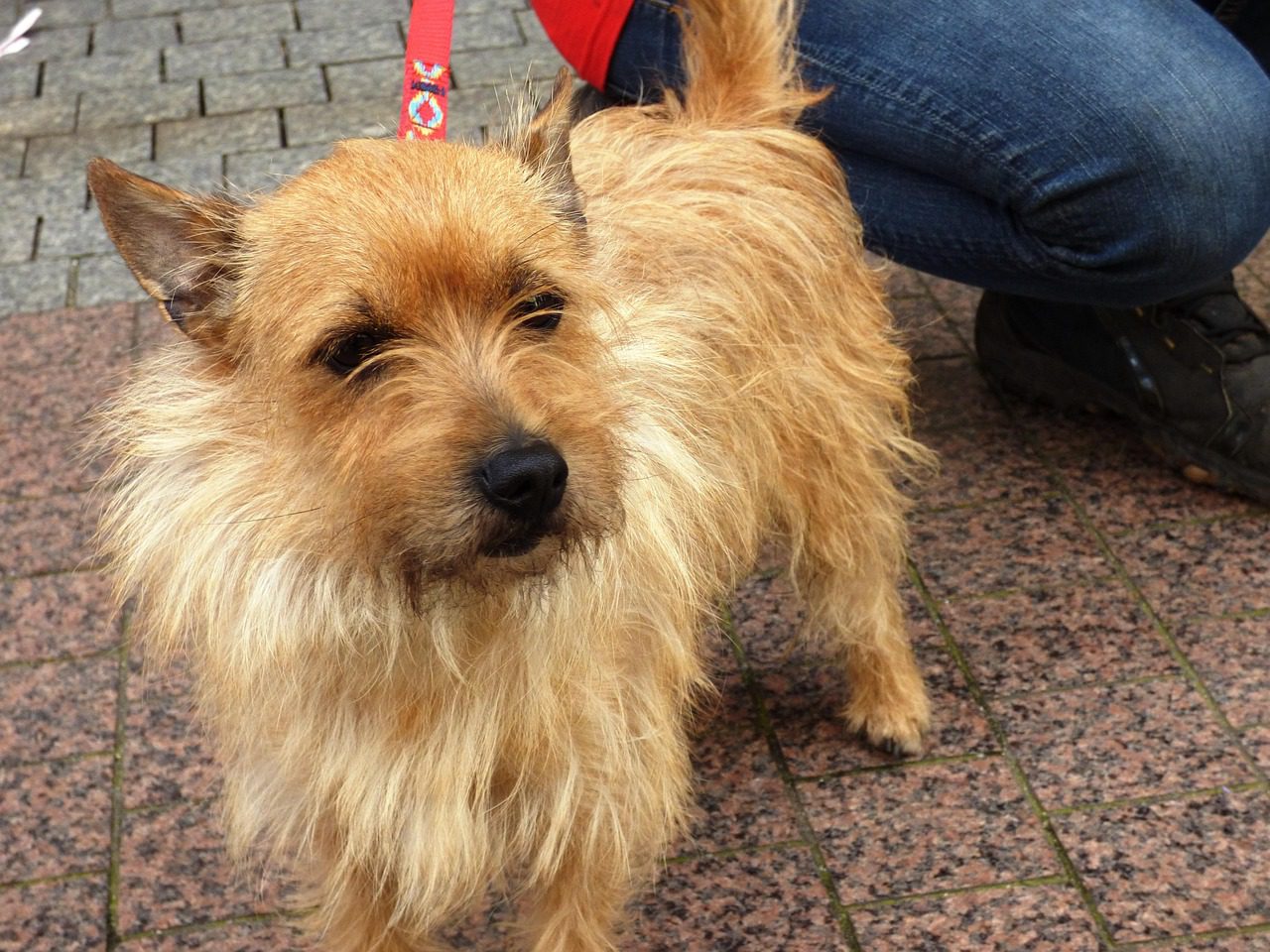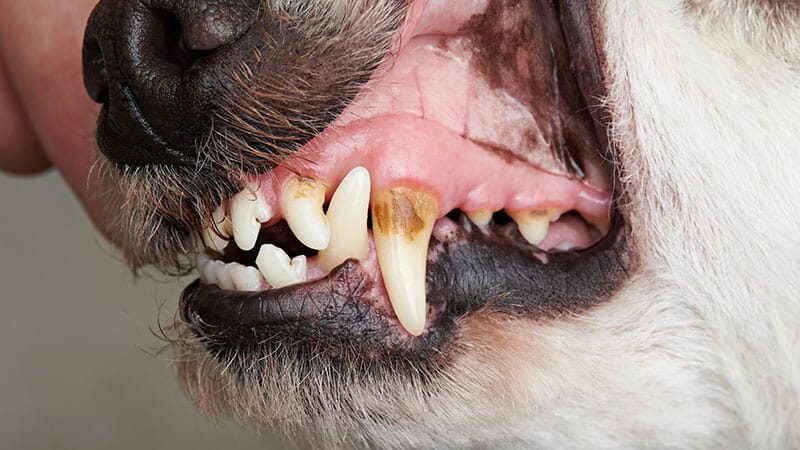The theme this year is ‘know dementia, know Alzheimer’s’.
But did you know that dogs can experience dementia as well?
As we get older, all our organs experience ageing, and this includes the brain. When brain ageing affects a dog, we call this canine cognitive dysfunction (CCD).
Some dog owners might write this off as a hopeless situation that can only worsen with time, but the reality is rather different.
A great deal of research has been put into CCD, and I have personally seen cases that have shown improvement once we establish that dementia is the problem. But CCD is a very complex disease, reflecting the brain’s complexity.
CCD might cause an older dog to become withdrawn, lose interest in food, become more irritable with younger dogs or people, or to get ‘lost’ in their own home, perhaps staring off into space for extended periods. Another affected dog might pace restlessly, forget its house training and have accidents indoors immediately after being sent out into the garden.
There is no one set of symptoms that all dogs with CCD show, and many of the symptoms could be caused by other problems. For instance, accidents indoors can result from a bladder or prostate problem. And lethargy could be caused by thyroid disease, a heart problem, or the pain of osteoarthritis.
So the first step for me is to complete a dementia scoresheet. This identifies all the behaviour changes the pet is experiencing. I then work to rule out all other problems, and manage these first. Then if the changes in behaviour still persist, we can start tackling this.
One important step is to manage the home environment to support the dog with CCD. Another is to stimulate their minds more – a bit like my ageing aunt taking up sudoku and puzzles.
Certain natural food items have been shown to make a difference to cognitive function, and should be supplemented in the dog’s food. And there are now medications that can gradually reduce the signs of CCD in dogs, as measured on their dementia score.
So please don’t give up on your elderly dog’s mental capacity – get their dementia score done, and ask for help. We vets have plenty to offer.



